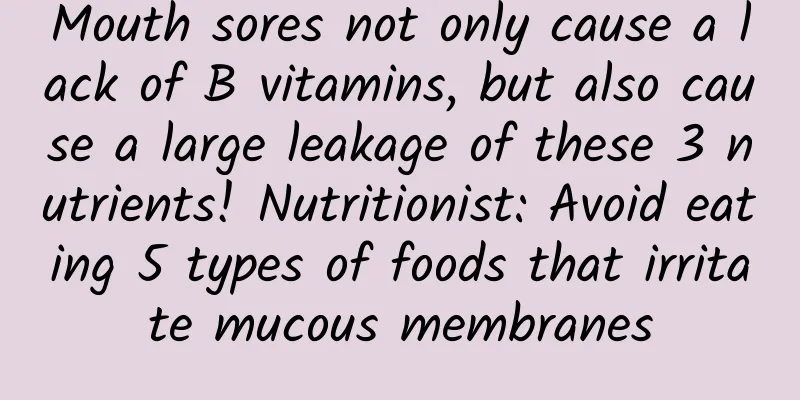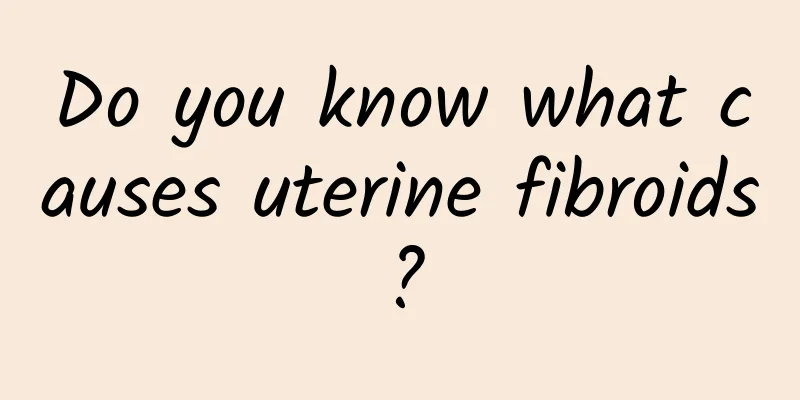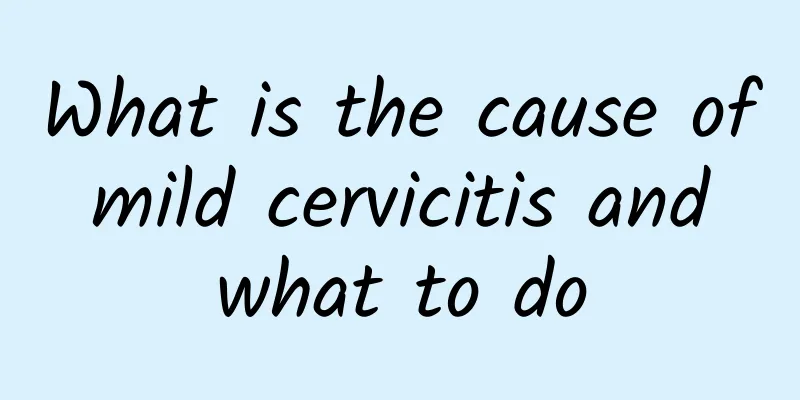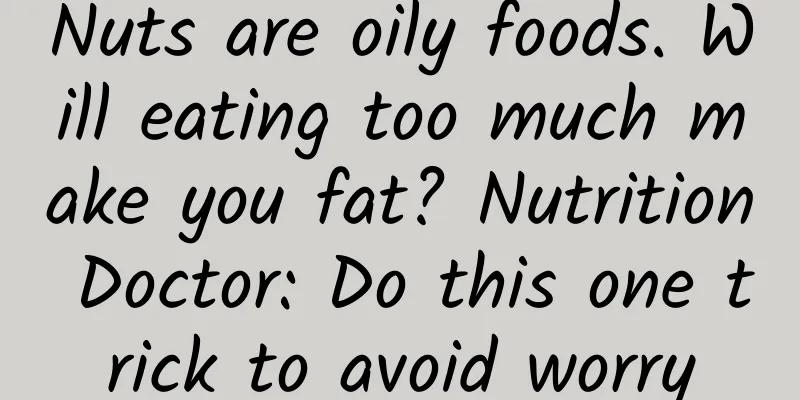Mouth sores not only cause a lack of B vitamins, but also cause a large leakage of these 3 nutrients! Nutritionist: Avoid eating 5 types of foods that irritate mucous membranes

|
Everyone has experienced the pain of a sore mouth. Once it happens, it will be very uncomfortable, and eating or touching it often makes people grimace in pain. Mouth sores, also known as oral ulcers, have an incidence rate of about 20%. Nutritionists say that when mouth sores occur, it is necessary to supplement with four major nutrients, including B vitamins, which can help repair the oral mucosa and accelerate healing. Causes of mouth sores include nutritional deficiencies, iron deficiency, oral injuries (such as scratches from braces or bites from one's own teeth), stress, poor immunity, hormones, allergies or sensitivities to certain ingredients, such as certain toothpaste ingredients, or food sensitivities such as sodium lauryl sulfate in foods such as cinnamon, cheese, citrus, figs or pineapples. In addition, mouth sores are related to genetics, microbial infection, drugs, cancer, etc.! Boys and girls are more likely to get mouth sores. There are roughly three stages of the disease. Everyone from children to the elderly can have mouth sores, which are more common in girls, and occur between the ages of 20-45, with a male to female ratio of about 2:3. Nutritionist Cheng Hanyu said that mouth sores generally have three course timelines. If they are not healed within the time limit, please see a doctor as soon as possible for examination and diagnosis. Nutritionist Cheng Hanyu said that mouth sores generally have three course timelines. If they are not healed within the time limit, please see a doctor as soon as possible for examination and diagnosis. First course of disease: Swelling and pain are felt in the first few hours. Second stage: Typical small white holes form within 1 to 3 days. Third stage: The pain lasts about 3 to 5 days, and then it will heal on its own within 2 weeks. If the ulcer has not healed for more than 2 weeks, please see a doctor in the dental oral surgery or otolaryngology department as soon as possible for examination and a pathological biopsy if necessary. During the stage of acute ulcer and mouth inflammation, you should pay attention to normal work and rest and oral hygiene, such as rinsing your mouth with clean water, salt water, or mouthwash (alcohol-free), but never sprinkle salt on the hole or wound to avoid excessive irritation and even the risk of infection. B vitamins help repair wounds and relieve pain. Including vitamin B1, sources such as pork and oats; vitamin B2, sources such as eggs and milk. 4 Vitamins and Minerals You Must Take for Mouth Sores Nutritionist Cheng Hanyu said that when it comes to treating mouth sores, it is not just about taking B vitamins. Other nutrients can also help repair the oral mucosa and accelerate healing. ●Vitamin B group: helps repair wounds and relieve pain. Including vitamin B1, sources such as pork and oats; vitamin B2, sources such as eggs and milk; vitamin B6 such as salmon, bananas, and scallops; vitamin B12 such as clams and mackerel. As well as nicotinoids such as fish and chicken; pantothenic acid such as red beans and avocados; folic acid such as broccoli and spinach. In addition to supplementing vitamin B group, you should also eat enough of these three nutrients: ●Vitamin C: accelerates healing and fights inflammation Including papaya and persimmon. Iron: Accelerates wound healing Iron deficiency can also cause oral ulcers. The oral mucosa often appears bright red and smooth, and ulcers often occur at the corners of the mouth. Including: duck blood, beef. ● Zinc: Enhance immunity and repair mucous membranes Includes: oysters, shrimp. Nutritionist Cheng Hanyu reminds that it is recommended to choose cold or warm food during mouth sores, do not eat too hot food during inflammation, such as hot pot, and avoid eating 5 types of food that irritate the mucous membrane. (Photo provided by nutritionist Cheng Hanyu) Avoid eating these five types of foods that irritate the mucous membrane when you have a sore mouth Nutritionist Cheng Hanyu reminds that it is recommended to choose cold or warm food during the period of mouth soreness. Do not eat too hot food during the inflammation period, such as hot pot, and avoid eating the following 5 types of food that irritates the mucous membrane: 1. Hard foods, such as very hard French bread, potato chips, and fried foods. 2. Foods that are too sour, such as hot and sour soup, lemon, and citrus fruits. 3. Chili pepper. 4. Carbonated drinks. 5. Wine. Nutritionist Cheng Hanyu Facebook |
Recommend
Which department should I go to for cervical warts
In daily life, cervical warts are one of the comm...
Conservative treatment of ovarian cysts in ectopic pregnancy
Ectopic pregnancy and ovarian cysts are two diffe...
Fatty liver out! Teach you how to calculate daily calories
Obese people generally have symptoms of body swel...
What is congenital absence of vagina?
What is congenital absence of vagina? Congenital ...
Things to note when having ovulation bleeding
Gynecological disease experts said that during th...
OMEGA weight loss: eat these 10 foods to lose weight
In addition to promoting brain development and pr...
Common causes of recurrence of vaginitis
Vaginitis is one of the common diseases that trou...
What causes ectopic pregnancy?
Among gynecological diseases, ectopic pregnancy i...
Can drinking ice water help you lose weight? Or become obese? Wu Mingzhu: Menstrual pain and constipation have four major disadvantages that cannot be avoided
Eating ice and drinking ice water in summer can m...
How much does it cost to cure Bartholinitis?
How much does it cost to completely cure Bartholi...
Hot compress with coarse salt to treat pelvic effusion
What is the method of using coarse salt hot compr...
Precautions after cervical erosion surgery, these 7 nursing measures are critical
Cervical erosion is a relatively common gynecolog...
What are the symptoms of chronic pelvic inflammatory disease?
What are the symptoms of chronic pelvic inflammat...
What should I do if my period is delayed after medical abortion?
What should I do if my period is delayed after me...
The harm of ovarian cysts usually found during gynecological examination
The hazards of ovarian cysts of different degrees...









